|
One of the happier results of this Bond Blog is that I've had the opportunity to totally reassess the Timothy Dalton Bonds. I saw the two films at the cinema probably at a time that I was already falling out of love with the franchise, putting away childish things etc. But now watching them in the context of the slide in quality from Diamonds Are Forever on, they come as a refreshing brace of films. Films that are actually films, unlike most of the Moore entries. And License to Kill has the audacity to try and escape the Bond formula. The idea of Bond going rogue had been kicking around for a while. Diamonds Are Forever was supposed to be a revenger's tragedy about Bond pursuing Blofeld, the germ of the idea is played out in the first scene, and then abandoned. But with License to Kill - originally entitled License Revoked until American audiences were polled and the makers realized everyone would think it was about a driving infraction - Timothy Dalton and John Glen go the whole hog. In some ways, this is the most un-Bond like Bond movie thus far, throwing away much of the humour and taking the franchise in a dark direction which would see it awarded a 15 certificate for its shark chomping, head exploding gore. Bond is attending Felix Lieter's (David Hedison) wedding when in the aftermath of the arrest of a dangerous drug lord, Franz (Robert Davi), Leiter is kidnapped and tortured and his wife killed. Franz himself escapes with the help of a corrupt DEA officer - Everett McGill who played Big Ed from Twin Peaks. Bond gets suitably furious and decides to go after Franz and his gang against direct orders and has his License to Kill revoked by M in Hemingway's house (for some reason). From this point on, the film departs almost completely from the tried and tested template that Moore et al established. Perhaps influenced by the success of Miami Vice, Franz's drug gang is actually threatening, with a young Benicio Del Toro as a particularly brutal henchman. With a plot lifted from Yojimbo, perhaps via Fistful of Dollars, Bond becomes the servant who sows discord in the enemy camp, planting paranoia like some espionage driven Iago until he can come in for the kill. The plotting for the first time in a while is actually clever. And even the interpolation of Q, doddering about, can't muck things up. Paradoxically, the further away from a Bond movie Dalton goes, the more this feels like the character Ian Fleming actually wrote. Rather than the obedient civil servant who'll do anything for England, Dalton plays Bond as someone constantly disgruntled with his place in the world. He has a code of honour which supersedes anything as simple-minded as duty. The stunts are as stunning as ever. The helicopter mid-flight hijacking of a light plane will influence the opening of Christopher Nolan's Dark Knight Rises. And the chase of tankers down the mountain load with heroin laced petrol is exciting and looks genuinely dangerous. For once, John Glen - in his final outing as a Bond director - dispenses with too many double takes and comedy music choices. Dalton has become something of a cult figure for Bond fans. The unlikely choice for aficionados, but now I see the appeal. He was contracted for three films, but with the failure of the studio and a takeover bid which was going to use 007 as a fire sale item legal matters intervened and the production was stalled. Dalton's contract expired and he had had enough. It's a real pity, but the impact of the Dalton Bonds are clear. Brosnan had the charm of Moore, but - at least to begin with - tried to keep the series grounded, if with a lighter touch than Dalton. However, the Daniel Craig Bond owes a huge debt to these two films. The seriousness, the willingness to explore the violence and the emotional consequences, the gritty settings in a more recognisable real world could all be traced back to The Living Daylights and License to Kill.
0 Comments
Leave a Reply. |
AuthorJohn Bleasdale is a writer, novelist and screenwriter. Archives
March 2020
Categories |
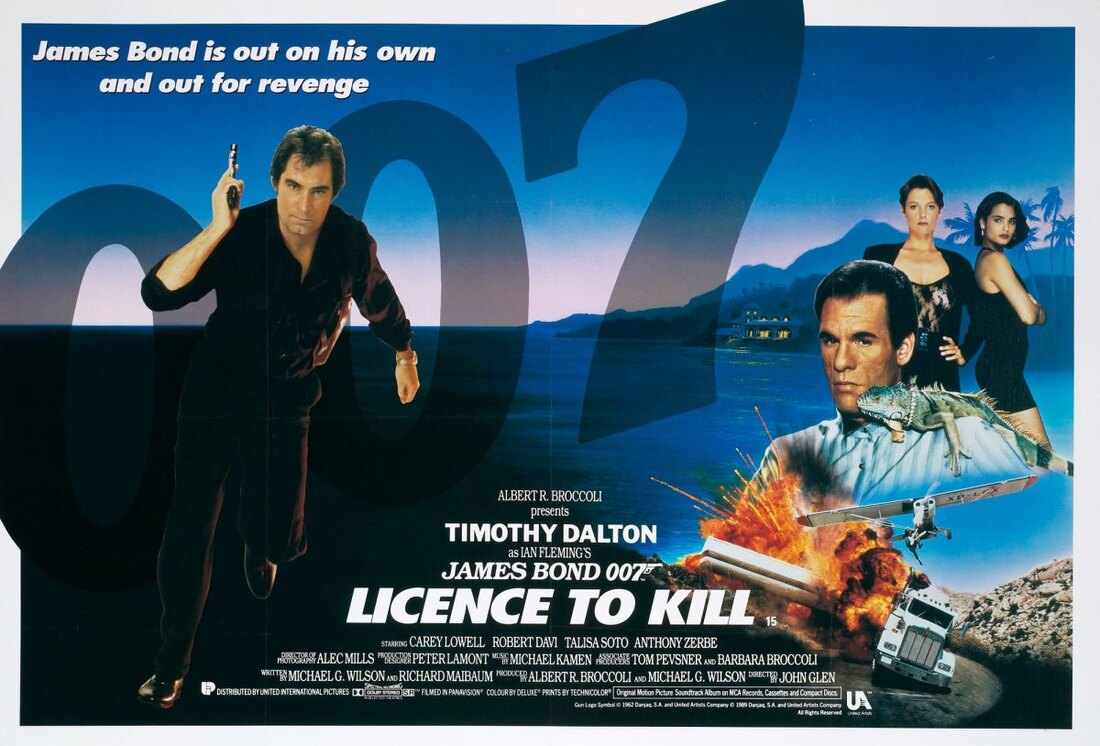
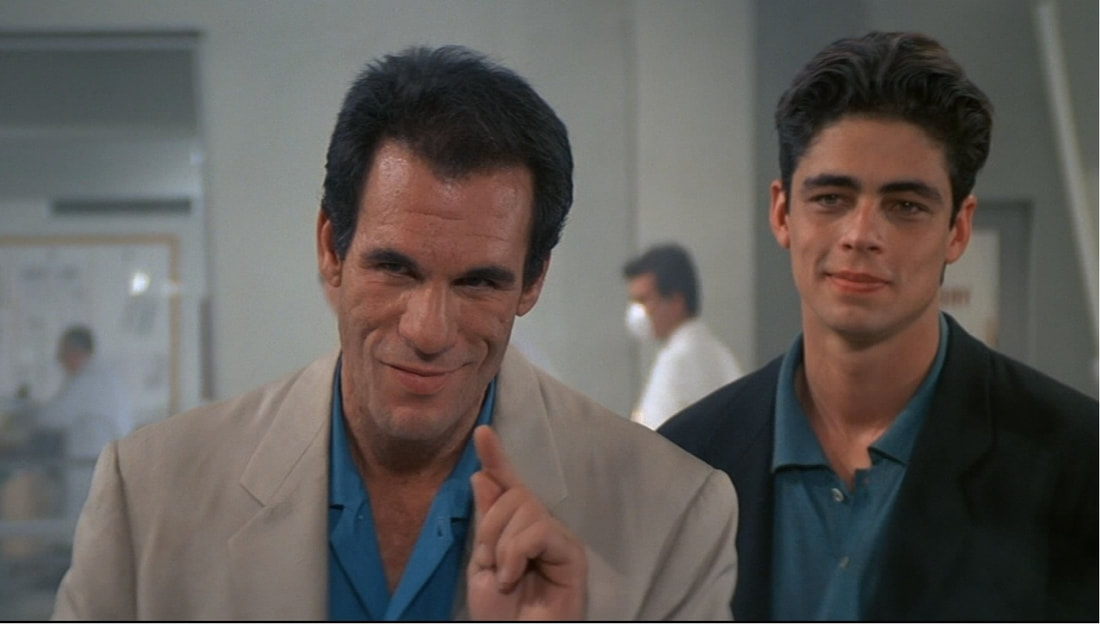
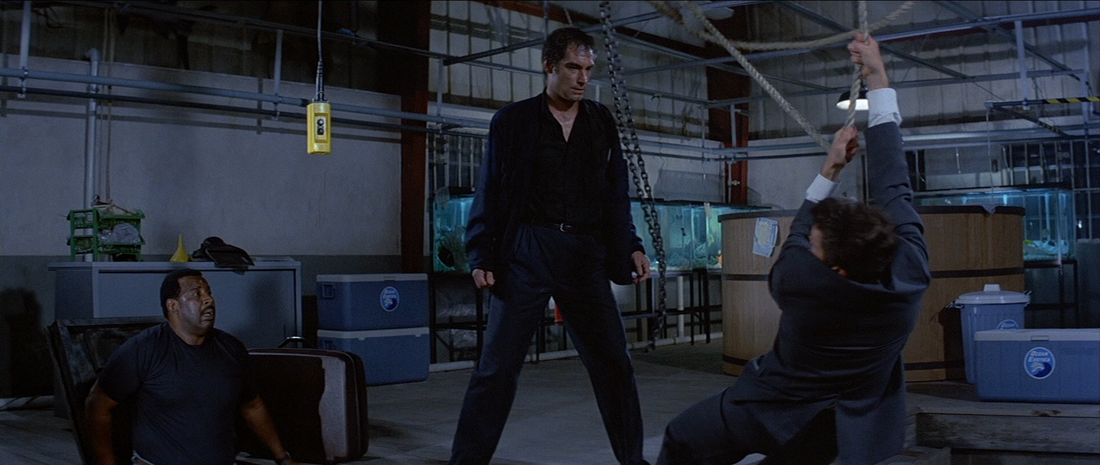
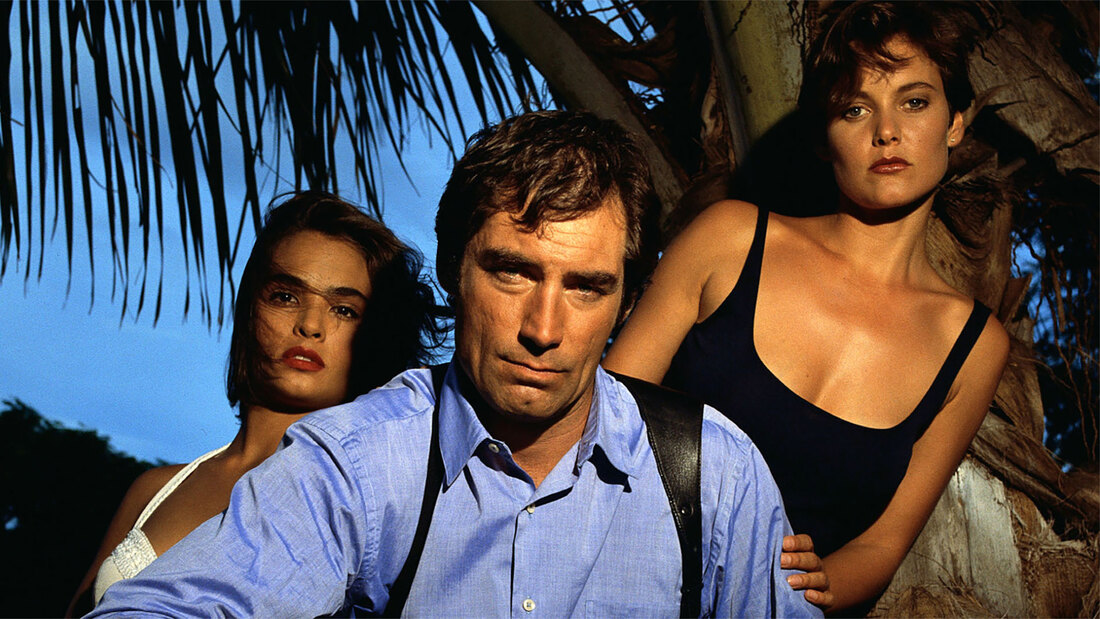
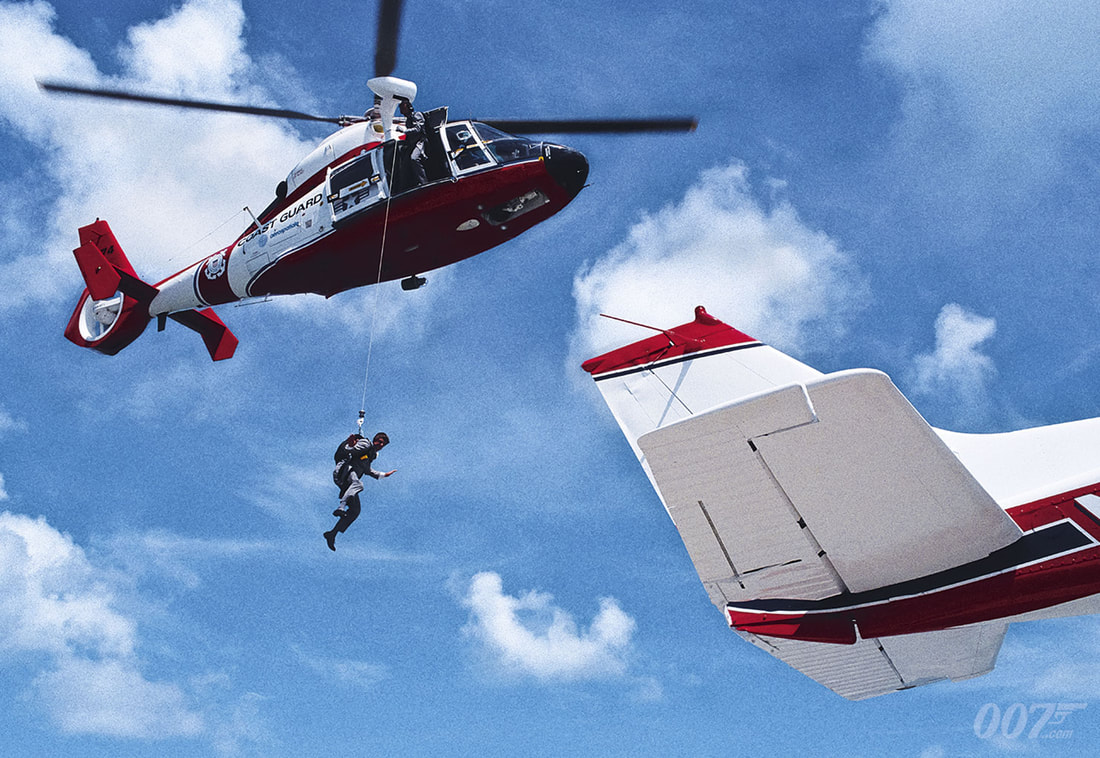
 RSS Feed
RSS Feed
